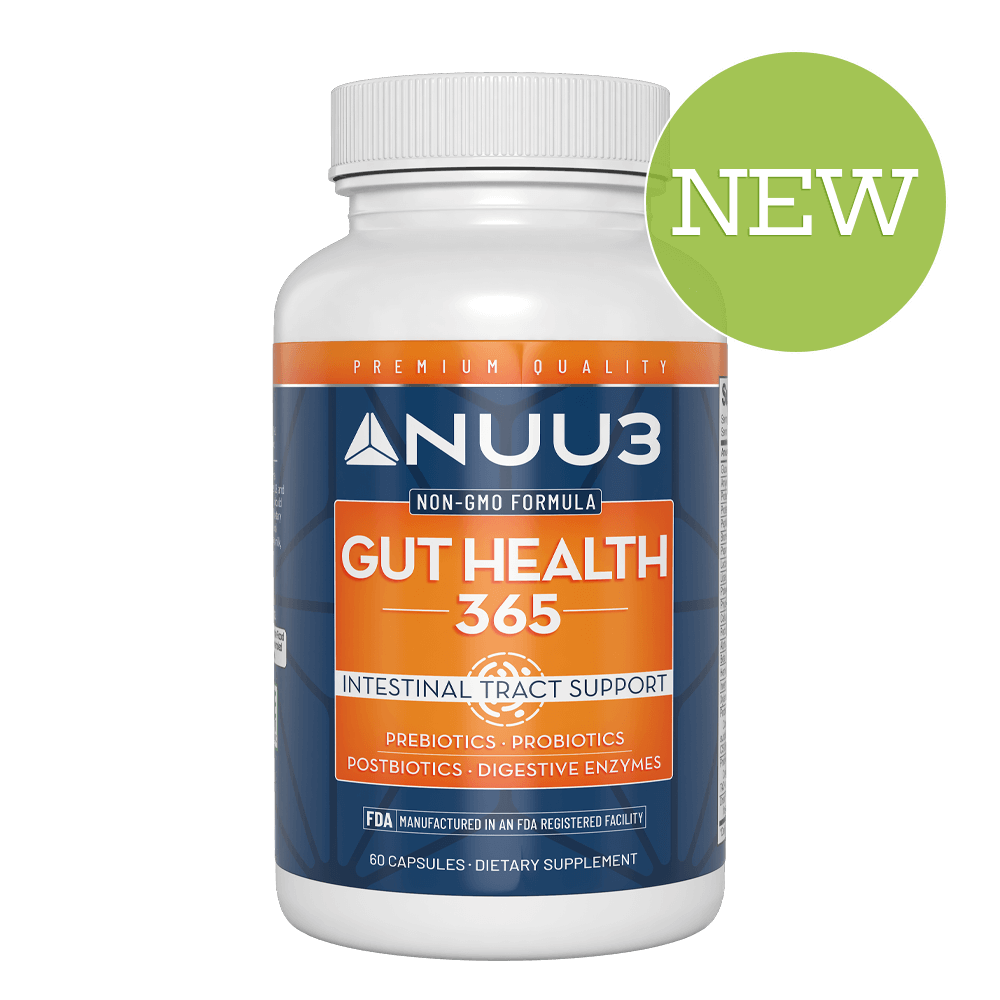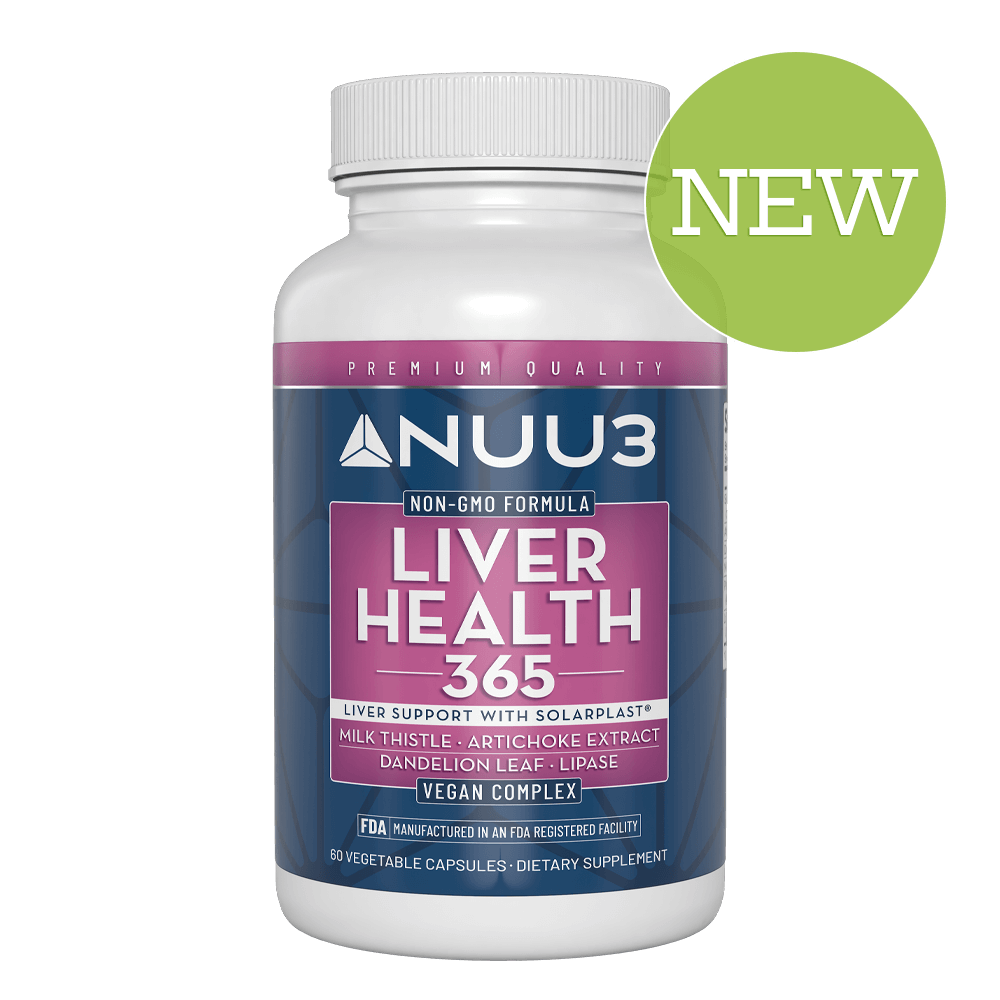Imagine standing in line to pay for your goods at a grocery store and suddenly, you’ve got this bad cramp down your leg. Finding a seat to sit down might not be an easy task and you don’t want to bother those around you. Muscle cramps and spasms can happen, and they’re often really unexpected. Once you know why they happen, it’s easier to understand what steps you should take to reduce them. If you’ve got nutritional deficiencies, adding vitamins for muscle cramps and spasms to your diet might help. In this post, we’ll cover this and look at other issues that can also cause these cramps, so read on.
What Causes Muscle Cramps?
When you’ve got muscle cramps, you should consider why it’s happening, especially if it’s a regular occurrence. However, many things can cause them, so you’ll need to consider all potential causes and then look at which ones might be affecting you.
While some causes of cramps are obvious, there are others that we don’t expect. Let’s take a closer look at a few things that could potentially lead to muscle cramps:
- Muscle sprains are a typical cause of cramps and spasms. This can happen if you overuse your muscles. In some cases, it might also be the result of an injury. If you’re an active sports player, sprains are more likely to happen.
- If you suffer an injury, it’s sometimes possible to get a nerve pinched. In most cases, this happens in the neck or your back. This causes a compression of the nerve which may contribute to these muscle cramps.
- Hydration levels play a role in muscle health and function and if you’re dehydrated, the risk of experiencing muscle cramps will increase.
- When too little blood gets to your muscles, cramps can become painful. Apart from pain, you’ll likely have discomfort in the affected areas if this is the case.
- Another significant cause is a deficiency in electrolytes. Calcium, potassium, and magnesium are good examples of electrolytes that not only play a pivotal role in hydration but also muscle function.
How are Muscle Spasms and Cramps Treated?
When you’re experiencing cramps and spasms, your first thought is to reach for treatment. However, it’s important to know what treatments are available and to have a good overview of their potential side effects as well.
The type of treatment largely depends on why you’re having muscle spasms and cramps. Sometimes, your doctor may recommend vitamins for muscle cramps and spasms if you have deficiencies, such as in any B vitamins. This is quite common in these cases, but your doctor may also want to determine if you have mineral deficiencies.
Heat and cold treatment are good options to provide temporary relief. Your doctor may prescribe you certain medicines which can be a good option if the muscle cramps are severe and interfering with your daily life. Your doctor may also run tests to determine if there is a specific underlying cause, such as problems with blood circulation. In these scenarios, any problems that your doctor identifies will be treated, too.
How do Vitamins Help Alleviate Symptoms of Muscle Cramps and Spasms?
When it comes to understanding the role of vitamins in muscle cramps and spasms, it’s important to note that several nutrients may help. Thus, the specific mechanism of action is not always the same in every case.
For example, you might have heard that sodium sometimes helps, prompting you to ask: “Does salt help with cramps?” Yes, it might, but you have to be careful if you’ve got a problem with blood pressure as this may result in hypertension.
Some vitamins help to restore the proper functionality of important cells in your body, which can be helpful if you have too little of that particular nutrient in your blood. These cells may be involved with muscle function, blood flow, and nerve health, for example.
Best Vitamins for Muscle Cramps and Spasms
Your body needs a wide variety of vitamins and minerals to function properly and each of these nutrients plays its role. This can make it hard to know which options to pick when you’re looking at minerals and vitamins for muscle cramps and spasms. Let’s take a closer look at a few that might be particularly helpful while you’re trying to get rid of these spasms.
1. Magnesium
Magnesium is an incredibly important mineral and type of electrolyte that plays a role in various cells. While more research is still needed to provide conclusive evidence, studies do note[1] that magnesium is important for things like electrolyte balance, nerve transmission, muscle contraction, and musculoskeletal health.
2. B Vitamins
When you have a deficiency in B vitamins, which range from B1 to B12, you’re more likely to experience leg cramps. While they’re a great option when looking at vitamins for leg cramps, it’s important to note that each one has its role to play. Vitamin B12, for example, is known for its importance in blood circulation; thus, if you have a deficiency, your blood flow may be affected.
3. Vitamin D
We often associate vitamin D with sun exposure, which is why it’s known as the ‘sunshine vitamin’. However, a significant number of people still have a deficiency of the vitamin. In one study, researchers confirm that deficiency in vitamin D does lead to certain muscle-related symptoms[2], which include spasms, as well as pain.
4. Sodium
If you’ve ever asked “Does salt help with cramps?” you might have heard some people say yes. Salt or sodium chloride, to be more specific, is a complex mineral. While it’s critical for health, having too much of it can also be a bad thing. Finding the right balance is important, as studies find that too little or too much sodium can lead to problems[3].
5. Zinc
Zinc is an essential nutrient for your immune system. Aside from this, zinc is also involved in cellular growth, protein synthesis, healing, and the creation of DNA. Not having enough zinc could be a reason for muscle cramps. The supplement Nuu3 Daily Multivitamin Gummies labels zinc as one of its active ingredients, making it a good choice for individuals not getting enough of this mineral in their diet.
How to Incorporate the Vitamins in Your Diet
To determine what vitamins you need to include in your diet, start by assessing your meals. The vitamins you get in supplements can also be found in many foods that help with muscle cramps.
For example, mushrooms are high in vitamin D, while spinach and oysters are excellent sources of zinc. Additionally, you can get a good dose of magnesium from foods like nuts, dry beans, wheat germ, and green vegetables.
You should also look at additional benefits that food can give you. For example, adding turmeric to your food gives you both anti-inflammatory and antioxidant properties which both help in combating muscle cramps and spasms.
To prevent deficiencies, consider a supplement like, Nuu3 Active Immunity Gummies which makes the process of getting the nutrients you need daily easy.
Lifestyle Changes to Avoid Muscle Cramps
While diet plays an important role, it’s not the only thing that counts when you want to reduce muscle cramps and spasms. You’ll also need to consider other aspects of your lifestyle, as this can be an area where the problem lies.
Here are a couple of lifestyle factors that can go a long way to help you with these cramps:
- Exercise - while over exercising can be bad for you, it’s important to note that living a sedentary lifestyle may increase your risk of cramps. Remember if you’re not moving your muscles regularly, it’s going to make them “lock in”, according to Dr. Dickens-Celestin[4].
- When you exercise, make sure you stretch first. If you don’t stretch, you’re more likely to experience muscle sprain and that’s going to result in cramps.
- If you’ve got a disease like diabetes or heart problems, it’s incredibly important to make sure you manage the condition. Diabetes can lead to neuropathy while heart-related issues can sometimes cause blood flow restrictions in your body. As these can both lead to muscle cramps, follow a lifestyle that can help to improve these conditions instead of making them worse.
- If you are overweight, losing weight through a healthy diet and regular exercise can be good strategies to help you reduce cramps and spasms.
To fill any nutritional gaps in your diet and enhance energy levels for more effective workouts, you may want to consider incorporating Nuu3 Nature’s Superfuel into your daily routine.
Frequently Asked Questions
What do muscle spasms indicate?
There may be several reasons why muscle spasms occur, ranging from something mild, like over exercising, to a sign of a serious condition, such as multiple sclerosis, liver cirrhosis, thyroid conditions, and more.
Are leg cramps related to heart problems?
They can be, but don’t always assume this connection without seeing your doctor first. It’s possible that your heart isn’t able to pump enough blood to your lower limbs, which can result in pain.
What is the difference between cramps and spasms?
If you’ve got cramps, they usually feel like a contraction. They’re involuntary and come in ‘episodes’. Spasms, however, is a term that’s used to refer to different kinds of muscle contractions that are involuntary.
Key Takeaways
Muscle cramps and spasms may occur unexpectedly, be very uncomfortable, and affect your daily activities. If you experience them regularly, it might be time to look at incorporating vitamins for muscle cramps and spasms into your daily regimen. Adding more zinc, magnesium, calcium, vitamin D, and a few other key vitamins and minerals to your diet, understanding the possible causes, and making some lifestyle changes can make a big difference.
References
1] ↑https://www.ncbi.nlm.nih.gov/pmc/articles/PMC8020016/
2] ↑https://www.ncbi.nlm.nih.gov/pmc/articles/PMC6730953/
3] ↑https://pubmed.ncbi.nlm.nih.gov/35329337/
4] ↑https://www.mainstreetoceanside.com/post/2018/05/30/four-things-that-trigger-muscle-spasms-and-cramps












